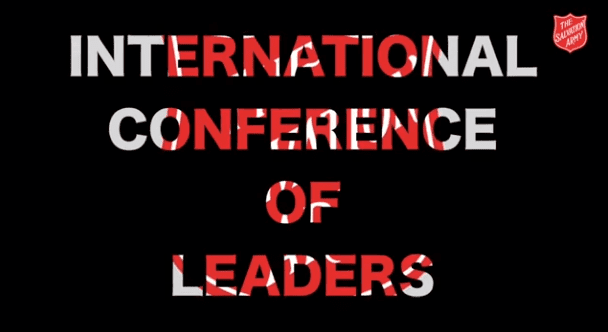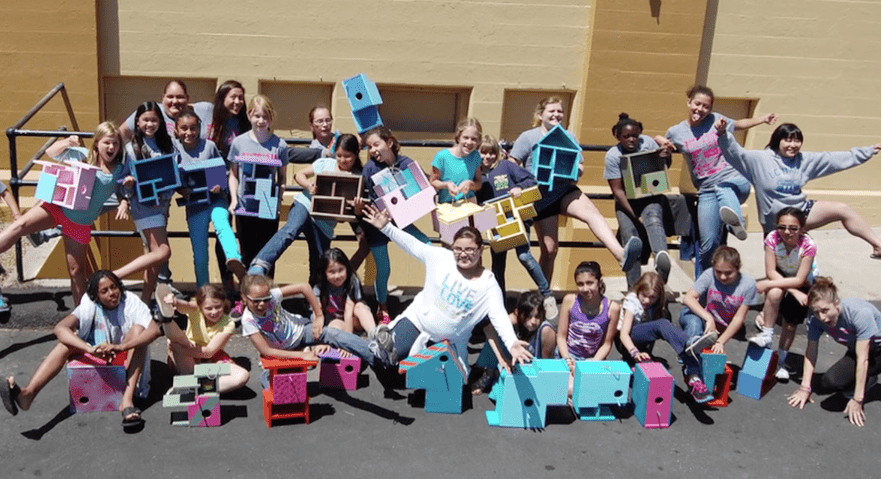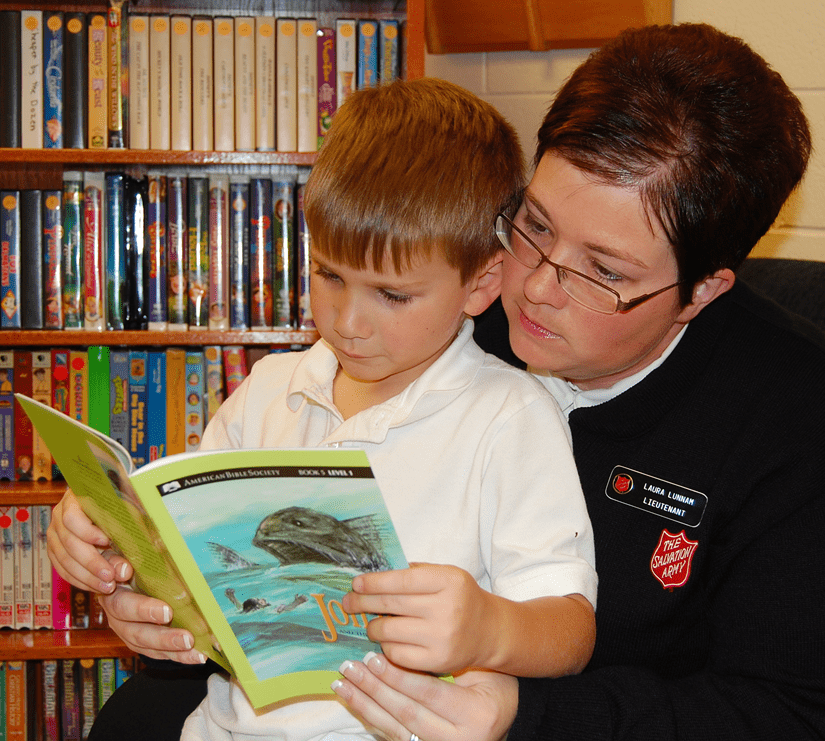Everyone believes that they know what and how children should become educated, and act unafraid in sharing that information. That includes me.
Yet differing educational philosophies promote widely diverging means and ends.
As education became more nationalized, it imposed a philosophy based on a business model wherein curriculum develops from the content of required standardized tests. Test scores indicate an acquired knowledge, and therefore the system organizes itself on the premise that the subject matter taught achieves the goals of education.
My thoughts differ considerably.
Although recognizing that skill subjects need to be taught as skills, students need to understand the societal function that requires mastery of those skills. I would much rather see our schools work to teach people, not subjects, which would change the focus of the instruction. I see the school as “a place where living goes on,” as John Dewey, an American philosopher, psychologist, and educational reformer said, to build people with a positive self-image with skills to address the challenges of life today.
We must, then, determine what kind of people we want to build.
Robert Havighurst, an educator known for his highly influential theory of human development and education, presented his ideas in a speech I heard some time ago and completely agree. This is the kind of people we need to build a healthy society:
1. We need people whose impulses are basically friendly, people with little unconscious hostility, people who trust and risk, and who are themselves trusted.
2. We need people who are intellectually autonomous, people who can make decisions, have self-confidence, see the mental disciplines of the school as tools not masters, and who communicate a sense of personal security.
3. We need people who are achievement oriented, who want to achieve and don’t need continual external pressure and reward.
4. We need people with a strong sense of moral control, people who stand up to the pressures of the crowd, who have both a sense of belonging and of independence.
5. We need people who are creative and spontaneous, who challenge the status quo and put ideas together, people who, themselves, have established a strong sense of realistic control.
6. We need people with rationality and foresight, people who are able to control their own behavior in light of possible outcomes of that behavior; people who choose the best of a number of options available to them. This quality separates the wise and the good from the stupid and the good.
7. We need people who are able to tolerate ambiguity, able to live in an open ended situation, to tolerate things they don’t understand.
8. We need people able to live in a chaotic environment, able to create their own order, because they have developed a powerful internal gyroscope of their own.
9. We need people with altruism, people who enjoy doing things for the welfare of others, even those far away.
10. We need people with a worldview both scientific and religious in the best sense of both.
Let’s be about the task.

















